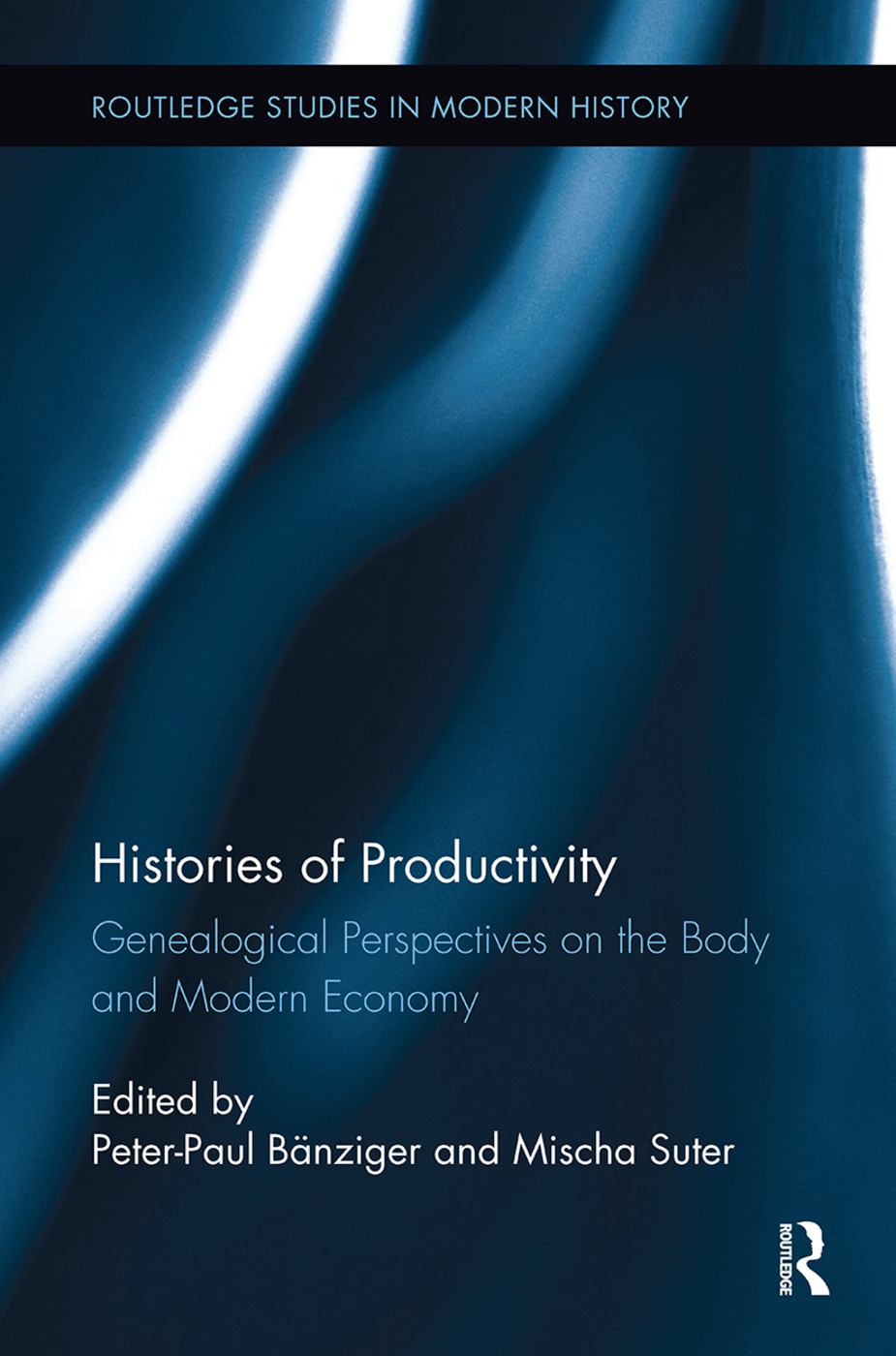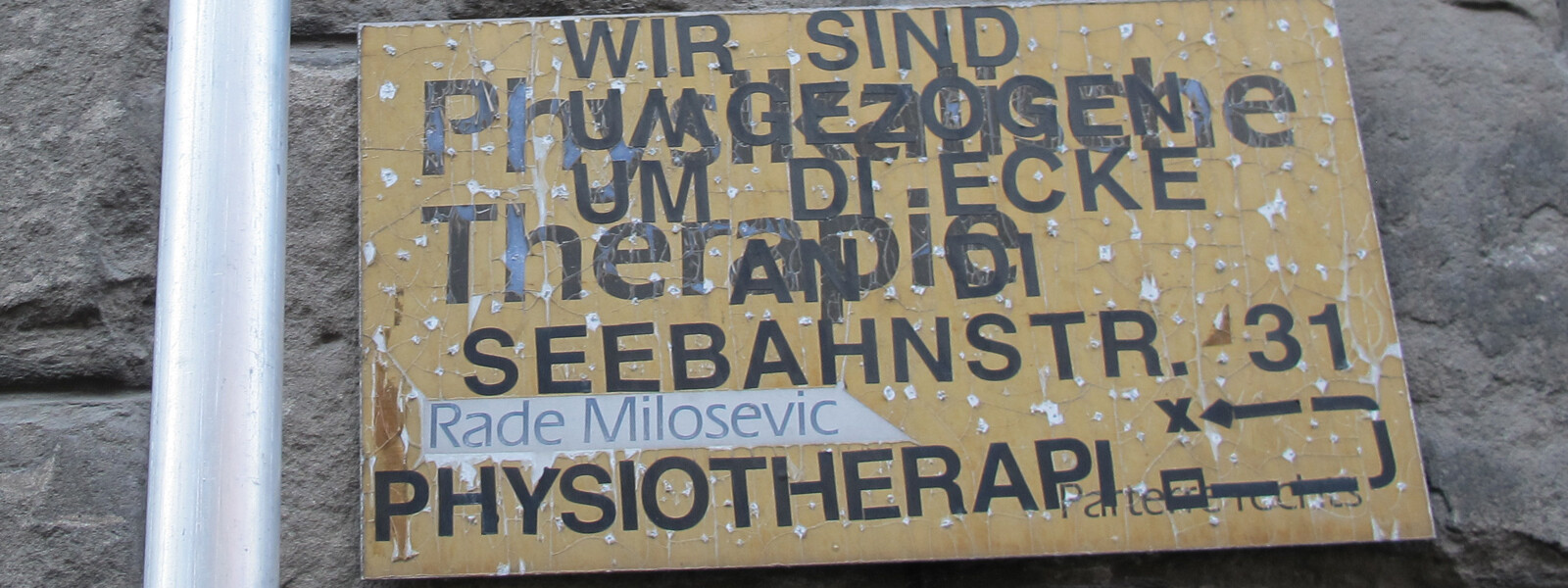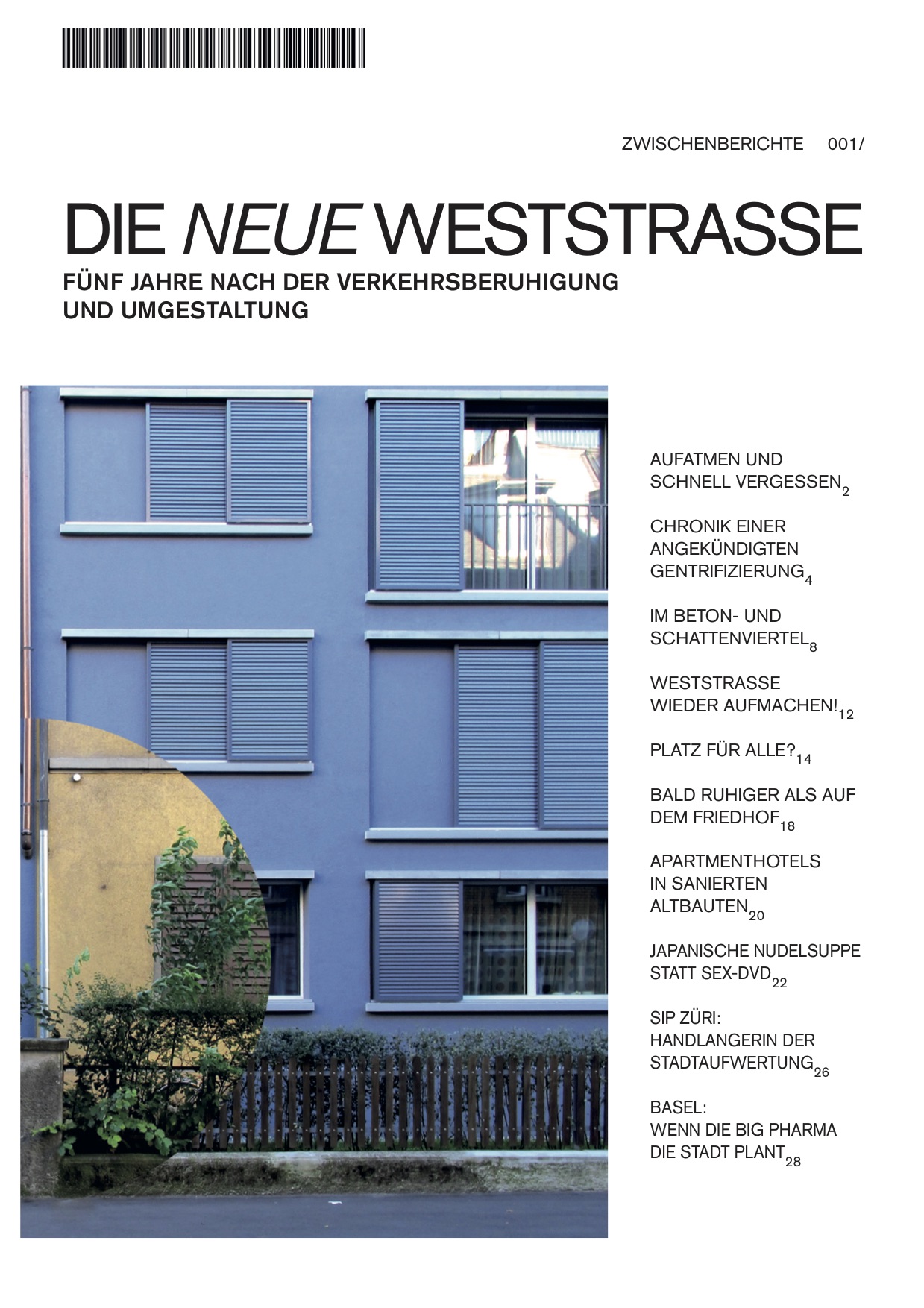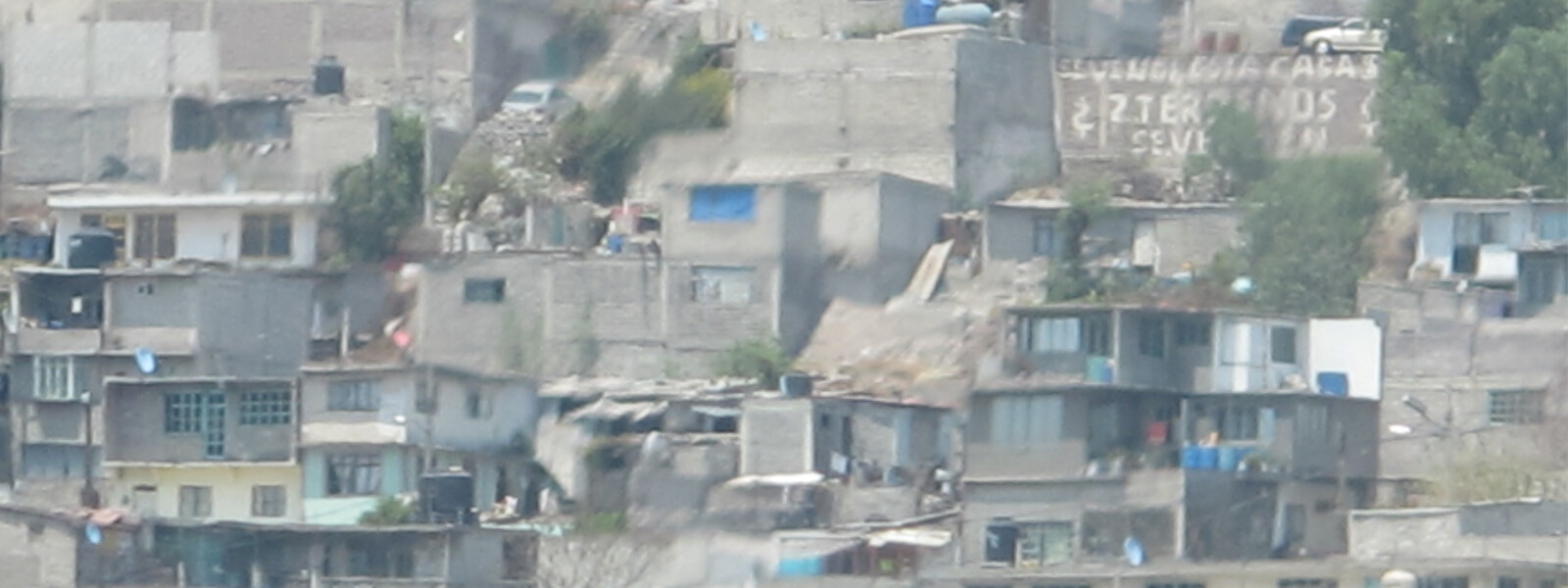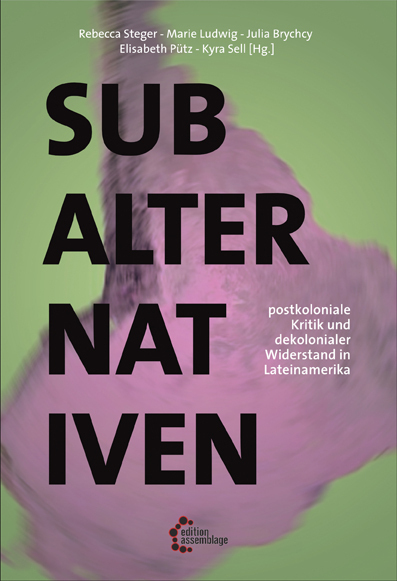(Zusammenfassung in Englisch)
This paper explores ways towards decolonizing methods, and thinks about how decentring and pluralizing knowledge production in the empirical field is intrinsically linked to the theorizations of the urban. In the wake of frequent calls to investigate urban processes in a planetary and comparative perspective, the empirical grounding of research is among the particularly complex challenges urban scholars are confronted with today. What are the practical consequences for comparative research after the post- and decolonial critique? How to put a decolonized urban geography into practice? Without pretending to answer these encompassing questions fully, this contribution discusses an experimental, critical and self-reflexive use of methods in a decolonial perspective.
If urban theory is to be both provisional and revisable, it is key to foreground the role of the corresponding methodological strategies. Thus, integrating theory, method, synthesis and reflection, the paper demonstrates how methodological innovations are both influenced by and formative of a decentered urban theory. Taking the original method Mobile Ethnography as an example, the paper engages with an inventive and transdisciplinary qualitative approach apt to engender an on-going transductive dialog between theoretical and empirical reflections in the field of urban studies. The main concern of this approach is to address inherent but often underrepresented power relations in the production of metropolitan territories, and in the scientific research itself.
(Spatial) knowledge, it is argued, is produced on behalf of the Mobile Ethnography and is reflected in the dialectical production of space by the researcher and the researched. In this view, the ethnographic field-site transforms into a research object of its own. Emphasizing thus the agency of multiple subjects in the social production of metropolitan territories, Mobile Ethnography understands everyday urban experiences as an integral part of knowledge production across the urban world.
Paper presented at the Session Decolonizing Urban Geography: Where have we got to; what next? RGS-IBG 2017 „Decolonizing Geographical Knowledges: opening geography out to the world“, 29.8.–1.9.2017, London


